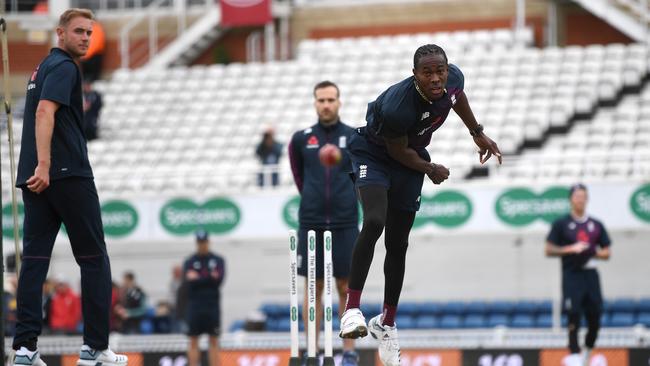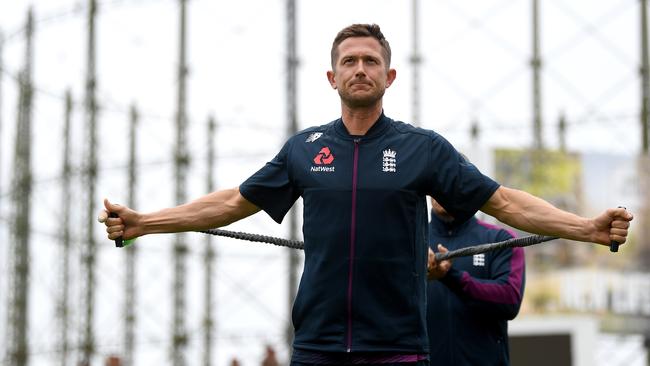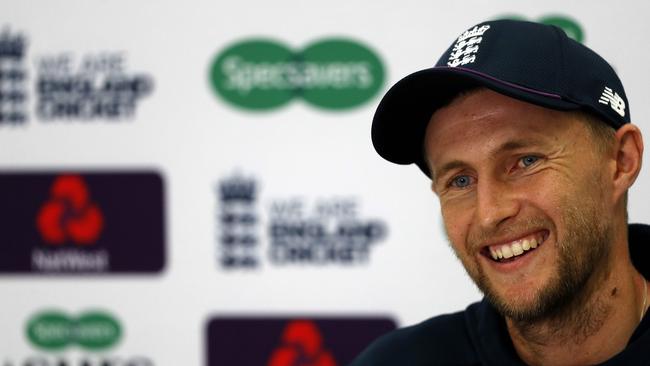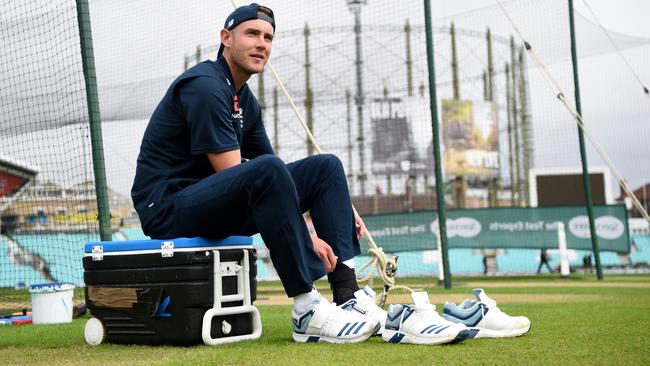
Nor is there the feel of Ashes past, though, when Australia had already won series convincingly, leading to England victories on this ground in 1993 and 1997, for example, which, while rousing, were also hollow. The Ashes are done, but the series remains alive: Tim Paine is desperate to become the first captain for 18 years to lead Australia to victory here, while England’s players want to send their coach Trevor Bayliss on his way with his unbeaten series record at home intact. There is a lot to play for.
Not least because it feels like a watershed moment. Next summer, English cricket will have a different feel, with a city-based short-form competition vying for our attention and a new coach in attendance, to begin another four-year cycle, with Twenty20 and 50-over World Cups and a World Test Championship at stake. Candidates will be looking on, watching, wondering about this curious, curate’s egg of a Test team, which remains in flux and open to challenge and debate.
It has been hard to discern any real improvement in it during Bayliss’s tenure and the new coach, whoever that is, may decide upon a completely different direction. How many players, for example, can claim to be certain picks across formats? Probably three: Root, Ben Stokes and Jofra Archer. How many can claim to be automatic Test selections? Add Stuart Broad and James Anderson, when fit, to that number. Beyond the settled one-day team, it leaves a lot of uncertainty elsewhere.
The openers, Rory Burns and Joe Denly, have done enough to lay claim to an extended stay. At the moment, Burns looks as close to establishing himself as any who have been tried in the past few years. Denly, too, has had his moments but remains vulnerable to a new coach coming in with a desire to start afresh. After all, how many batsmen improve after the age of 33, and with a first-class average in the mid-30s and a Test average in the mid-20s? Zak Crawley, of Kent, and Warwickshire’s Dominic Sibley will be watching him with interest this week.

Root himself must be running on empty, having had no break. How will the next year or two unwind for him? There seems no desire from Ashley Giles, the director of cricket, to find a new captain, but Root’s form and ability to inspire remain under scrutiny. Will he continue to seek challenges in franchised leagues, further adding to his workload? Will England deem him surplus to requirements for their T20 World Cup campaign, allowing him time to refresh and refocus? England’s best batsman has been overshadowed this summer and could do with a barnstorming finish.
Jason Roy made encouraging noises this week about wanting to crack it at Test level. Words and actions are two different things, though. How badly does he want to knuckle down and scrap for runs? Is he capable of so doing? Sadly, for him, we won’t find out more this week on his home ground, because Stokes’s shoulder injury leaves him as a specialist batsman, meaning a deserved return for Chris Woakes and a rest for Roy. As a result, the Surrey batsman’s place is vulnerable for the upcoming tour to New Zealand and it is unclear how much first-class cricket he will be able to play in the crowded schedule to improve.

Also back is Sam Curran, in place of Craig Overton, which makes sense to me. Overton batted with great character in the second innings at Old Trafford but lacks quality as a Test bowler, being neither quick enough, accurate enough nor skilful enough. For Woakes, there are questions about his workload across formats, the effects of that on a longstanding knee issue, and how effective he is abroad.
Curran? After a highly encouraging start in Test cricket last year, he has slipped from view somewhat. From opening the bowling in the Bridgetown Test seven months ago, he has yet to appear this summer. Do England see him as a bowler who bats, or the other way around? Curran is not the only player who fancies a place in the batting order between Nos 6 and 8.
Then those two wicketkeepers, Jonny Bairstow and Jos Buttler, who remain something of an enigma. Bairstow, so powerful as an opener in one-day cricket, is a reluctant specialist batsman in Tests. In the past two years he has averaged below 30 in five-day cricket, which is not good enough for a wicketkeeper-batsman, never mind a specialist top-order player. He will be at No 5 this Test, with more scrutiny on a technique that has led to him being bowled more frequently that a batsman should be.

And Buttler? No 5 at the start of the series, No 7 at Old Trafford and now at No 6, slithering up ladders and down snakes. Ten years and a hundred first-class matches into his career he has one Test hundred and five first-class centuries. Ollie Pope and Ben Foakes, the Surrey pair, are others who will have half an eye on the Oval this week.
If this gives a sense of a Test team in crisis, that would be an exaggeration. An Ashes defeat always brings questions bubbling to the surface, though, for the captain and players uncertain of their place, of whom there are too many in this team. That is the biggest motivator of all, as the international summer winds down: a drawn series will dampen speculation and allow an easier transition to the winter tours; a heavy defeat will only add to the uncertainty.
The Times




As we enter the season of mists and mellow fruitfulness, there is a slightly deflated feel at the Kia Oval. The ground had been gearing up for an epic finale to the summer, a match to add lustre to the rich history here that has seen England captains such as Len Hutton and Michael Vaughan regain the Ashes to great and joyous acclaim. It was not to be. Joe Root will not be joining his illustrious Yorkshire predecessors. There will be no climax to match last year, when Alastair Cook bid a grand farewell.